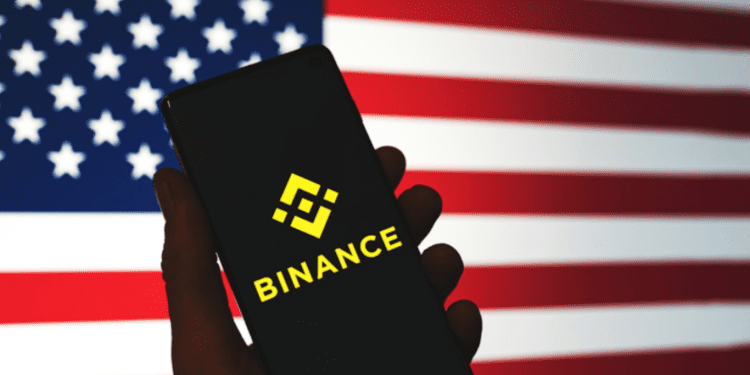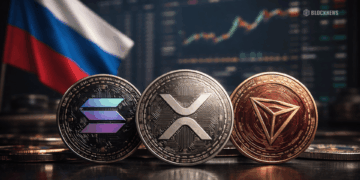- Crypto exchange Binance attempted to hire Gary Gensler as an adviser before he became the chairman of the US Securities and Exchange Commission (SEC).
- Binance executives suggested ways to mitigate regulatory risk, including setting up an American entity separate from Binance.com to attract regulatory inquiries and enforcement.
- The company is reportedly preparing to settle outstanding regulatory and law-enforcement investigations in the United States.
Binance, one of the world’s largest cryptocurrency exchanges, reportedly sought to hire Gary Gensler as an advisor in 2018 and 2019 while teaching at the Massachusetts Institute of Technology (MIT). Gensler, now the United States Securities and Exchange Commission (SEC) chairman, declined the offer. Still, documents obtained by the Wall Street Journal indicate that he shared license strategies with Binance’s executives during a meeting. The reports suggest that Gensler may have had early knowledge of Binance’s business practices, including the company’s attempts to insulate itself from US regulatory oversight.
This news comes amid increased scrutiny of Binance by regulators around the world. In recent months, the exchange has faced investigations by the SEC, the Commodity Futures Trading Commission (CFTC), and the Department of Justice (DOJ) for possible violations of US securities laws. Binance has also been the subject of warnings from regulators in the UK, Japan, and Thailand.
Binance Executives Sought to “Insulate” Company from US Enforcement
The relationship between Binance and its American arm, Binance.US, has been particularly scrutinized. The Journal’s report highlights a presentation by Binance employees in 2018, in which they suggested ways to “insulate Binance from US enforcement.” The production reportedly recommended that Binance have a “purely contractual” relationship with Binance.US, positioning it as a separate operation. Binance denied wrongdoing and stated that the two companies are independent legal entities with no US customers.
Regulators have noticed Binance’s attempts to avoid regulatory scrutiny. Last year, the CFTC reportedly investigated whether Binance allowed US residents to trade derivatives on its platform, which would violate US securities laws. The exchange has also been accused of failing to register as a money services business with the Financial Crimes Enforcement Network (FinCEN).
Binance has responded to these accusations by increasing its compliance and investigations headcount by 500% last year. The company claims that it has made significant investments in compliance talent, processes, and technology over the past two years and is now a “very different company” in compliance.
Binance Prepares for Regulatory Scrutiny Amid Investigations and Fines
Despite these efforts, Binance is reportedly preparing to face fines and penalties to settle outstanding regulatory and law-enforcement investigations in the US. Binance’s chief strategy officer, Patrick Hillmann, has stated that the company has been working with regulators to remedy past compliance issues.
The news of Binance’s attempts to hire Gensler as an advisor and the company’s efforts to insulate itself from US enforcement raise concerns about the exchange’s compliance with US securities laws. It also highlights the challenges cryptocurrency exchanges face when navigating a complex and evolving regulatory landscape.
As the popularity of cryptocurrency continues to grow, regulators worldwide are grappling with how to regulate this new asset class. While some countries have embraced cryptocurrency and blockchain technology, others have taken a more cautious approach, warning investors of the risks associated with investing in these assets.
In the US, regulators have taken a more aggressive approach to regulate cryptocurrency exchanges, particularly those that allow US residents to trade cryptocurrencies or derivatives. The recent investigations into Binance, Coinbase, and other exchanges suggest that regulators are taking a closer look at these companies business practices and compliance with US securities laws.














